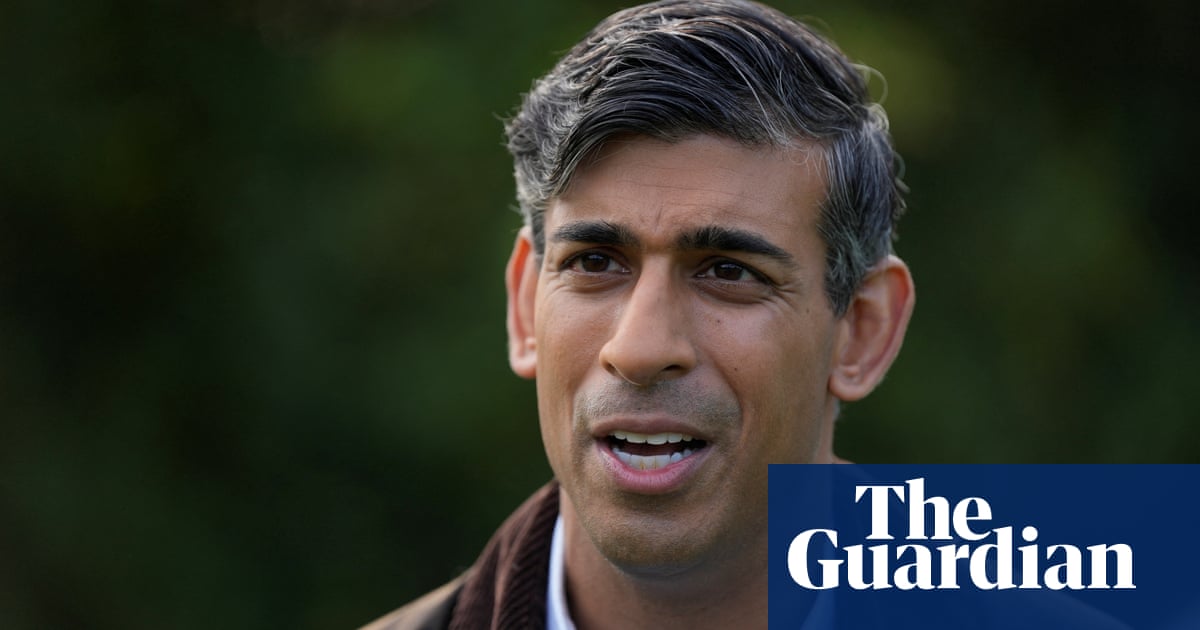
Rishi Sunak’s decision to perform a U-turn and impose Covid checks on travellers from China was dismissed on Saturday night as a purely political manoeuvre that would make no difference to the rise or fall of cases in the UK.
The health secretary Steve Barclay was briefed by the chief medical officer Chris Whitty on Thursday and was told there was no clear evidence of significant benefits from testing travellers from China. The Observer has learnt that on the following day, Barclay discussed the issues with Sunak, who nevertheless decided it was more important for Britain to align itself with those nations – the US, Japan, Italy and Spain – that had already imposed such tests.
Scientists speaking to the Observer agreed with Whitty that screening people coming from China would make little difference. They said numbers of infected people were already very high in the UK and that airport checks had been shown to be unreliable in pinpointing disease carriers.
“I don’t think it’s likely the UK will get any public health benefit from this measure,” said Professor Mark Woolhouse of Edinburgh University. “This can only have been done for political reasons.”
He was backed by Professor Paul Hunter of the University of East Anglia: “Point-of-entry and point-of-exit screening for serious infections have been shown – on many occasions – to be ineffective at controlling diseases. This has been demonstrated by studies that were carried out before and after the emergence of Covid-19. One study suggested that about 60% of cases are missed this way. This isn’t going to protect the UK population because it isn’t going to stop the spread. So it is hard to see what will be gained by imposing these tests.”
This point was backed by Woolhouse: “Another reason for imposing the tests has focused on the need to track potentially dangerous new Covid variants. But we already know of one that is spreading rapidly in the US. Variant XBB.1.5 now accounts for about 40% of cases there but no one here seems worried about it. Instead, a lot of noise is being made about hypothetical variants emerging in China.”
Dr Matt Kneale, co-chair of the Doctors’ Association UK, said that anything that could minimise the impact of Covid on the NHS would be welcome, but added: “I don’t think we should be pinpointing China.” Hospitals were already struggling with the “large burden from Covid, influenza and RSV [respiratory syncytial virus],” he said. “If we can minimise Covid infections that would be useful, but it’s not the be-all and end-all.”
The British Medical Association also warned that Britain was entering the new year with the NHS “on its knees”. On Saturday, it urged the government to take further action to prevent a “crippling increase” in Covid cases amid an already overwhelmed healthcare system as a result of the workforce crisis and the “twindemic” of flu and Covid.
The trade union and professional body for doctors in the UK stressed it was not just the Covid threat from China that should be worrying the UK and warned that the next variant was “just as likely to be homegrown as imported”.
Chinese president Xi Jinping called on Saturday for more effort and unity as the country entered a “new phase” in its approach to combating the pandemic, in his first public comments on Covid since his government changed course three weeks ago and relaxed its rigorous policy of lockdowns and mass testing.
“At present, the epidemic prevention and control is entering a new phase, it is still a time of struggle, everyone is persevering and working hard, and the dawn is ahead,” he said in a televised speech.












